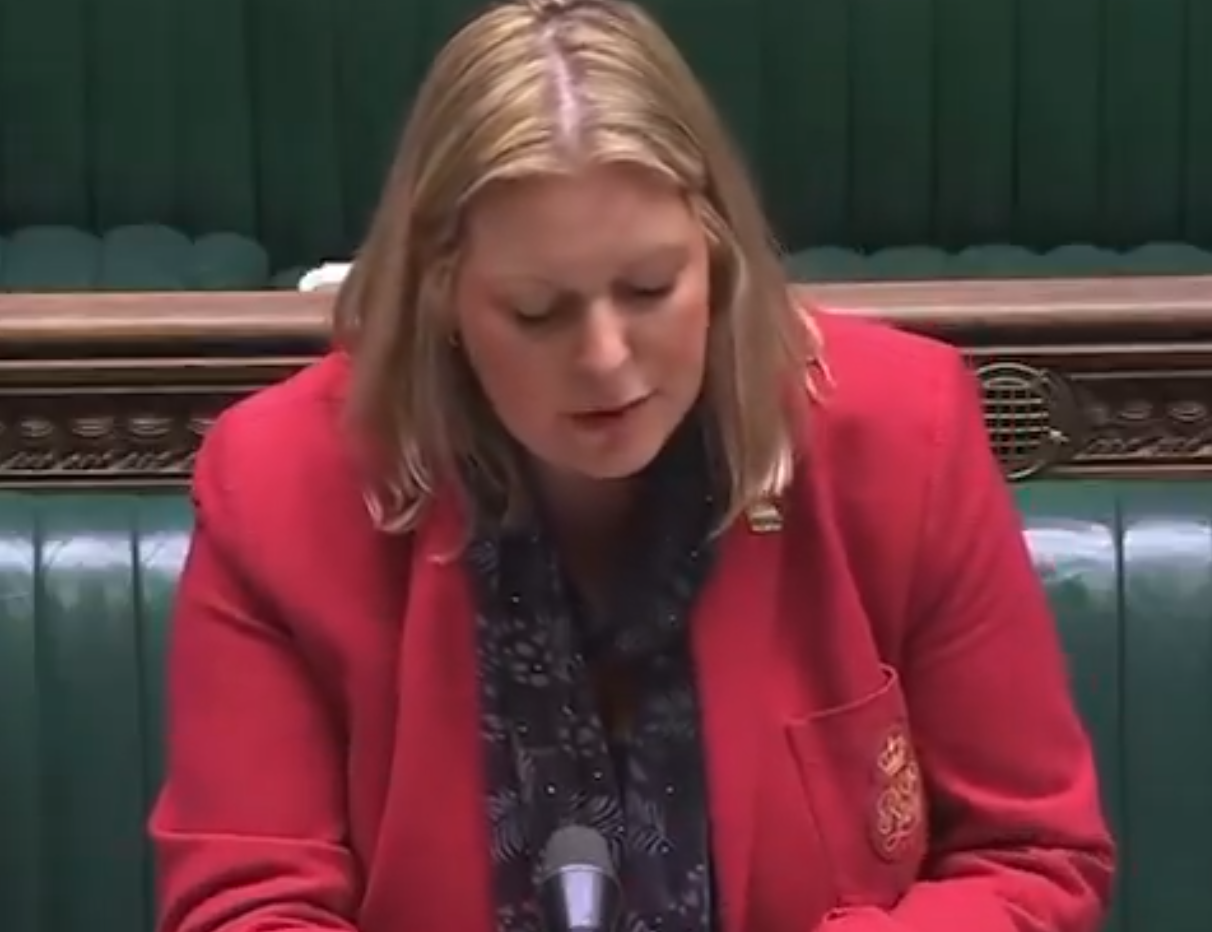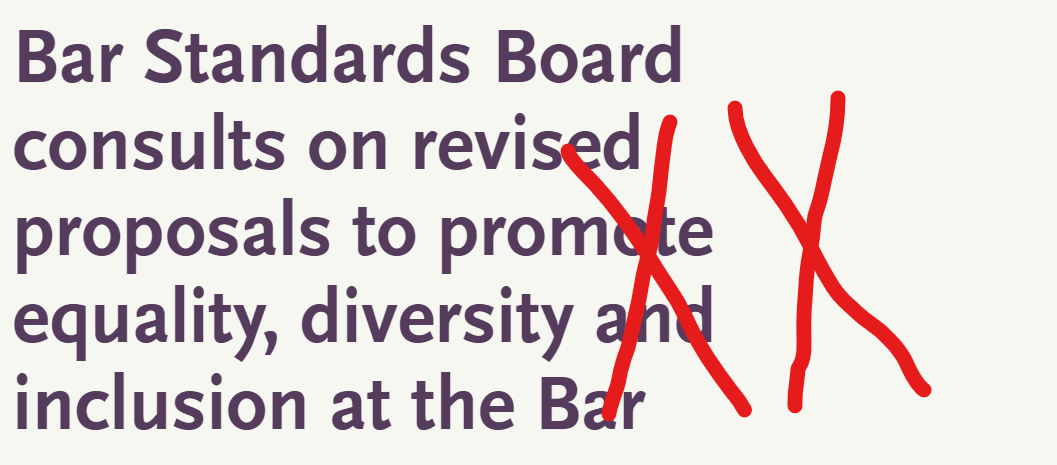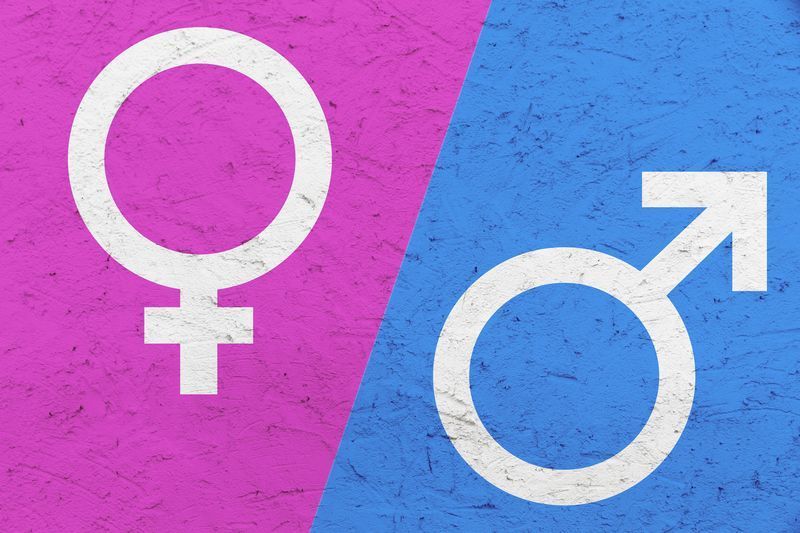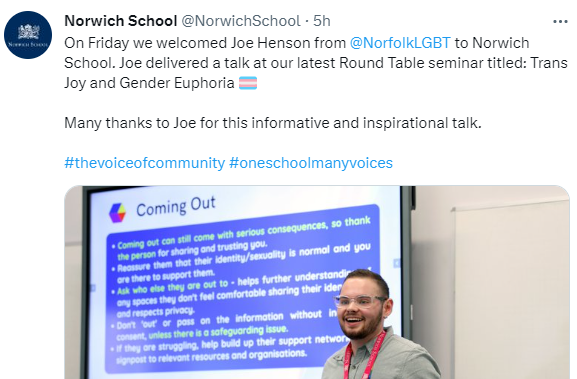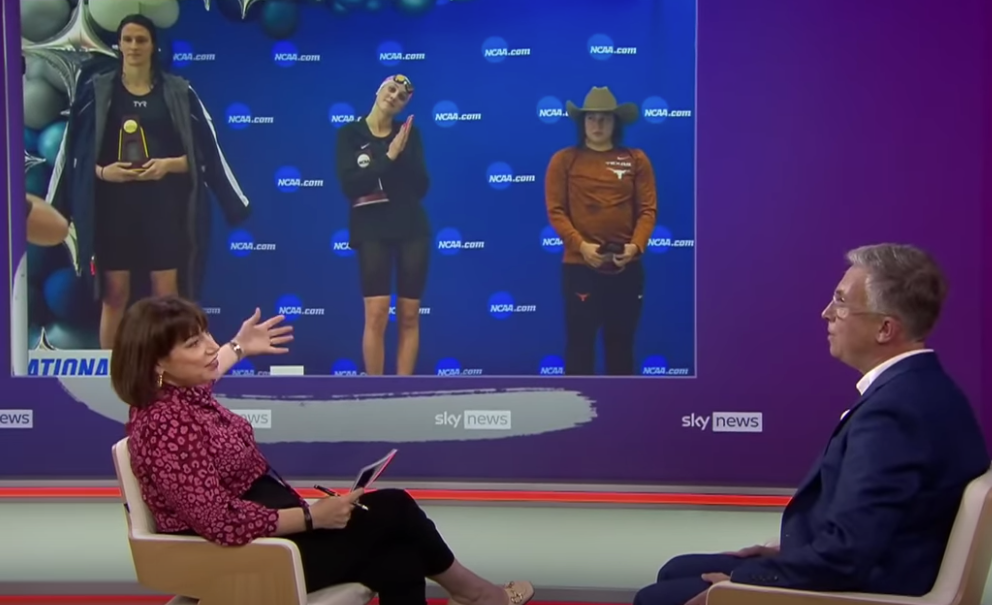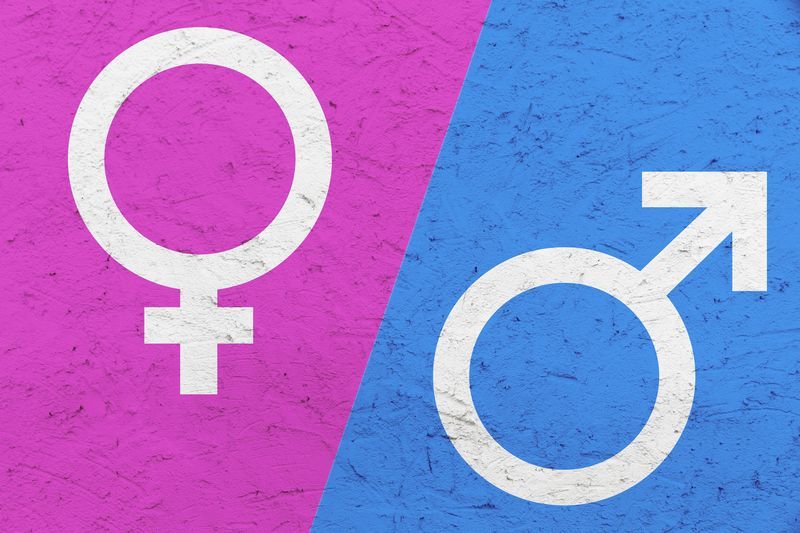FAQs on this landmark case
A controversial and landmark case, For Women Scotland Ltd v The Scottish Ministers is being heard in the Supreme Court later this month. The judicial decision, which will be issued some time after the hearing, should bring some much needed legal clarity as to whether the definition of woman in the Equality Act 2010 extends to men who have a Gender Recognition Certificate.
In anticipation of the hearing, we have prepared some FAQs on the forthcoming For Women Scotland case.
Who is bringing the legal action?
The case is being brought by For Women Scotland Limited (“FWS”), a Scottish campaign group focused on safeguarding sex-based rights for women and challenging policies and legislation which undermine these rights in Scotland. FWS are suing the Scottish Government, hence the court papers refer to the Scottish Ministers as a party to proceedings.
What is the case about?
It stems from the definition of “woman” under the Gender Representation on Public Boards (Scotland) Act 2018. This 2018 Act sought to improve the representation of women by setting targets for increasing their proportion on public boards. The Scottish Government issued guidance specifying that women meant anyone “living as a woman”. FWS brought a litigation (now known as FWS1) arguing against this extended definition and they were successful, leading to new statutory guidelines being introduced. However the revised guidelines still went further than they should have, in our opinion, as the guidance stated that the definition of “women” included a man with a Gender Recognition Certificate. FWS challenged this again in the Scottish courts, arguing that the definition of female for the purposes of the Equality Act 2010 had effectively been redefined and that it is not lawful to extend the definition beyond biological women. Having lost their appeals in the senior Scottish courts in 2022 and 2023, FWS’s latest appeal now brings them to the Supreme Court in London, the highest court in the United Kingdom.
Who are the Appellants and Respondents?
FWS, as the party bringing the appeal, might be referred to in court as the Appellants and the party they are bringing the legal action against and therefore the party obliged to respond is the Scottish Ministers, known as, the Respondents.
Is the case only of relevance to Scottish women on public boards?
Absolutely not. The legal action started in Scotland, but because it relates to the Equality Act, which is legislation that applies to England, Scotland, and Wales, it has a much wider ramifications for UK wide equalities legislation for all of the three countries.
What’s at stake?
The judicial decision should clarify what a woman is, focusing on whether a person with a full Gender Recognition Certificate which recognises their gender as female, is a “woman” for the purposes of the Equality Act. The decision will affect rights to single-sex spaces, services and associations. This has arisen as the UK Government has not sought to make a clarificatory amendment to the Equality Act via Parliament to give us the clear legal protection needed. Also as the Supreme Court is the most senior one in the UK, its judicial decisions are likely to have a persuasive effect on any subsequent legal disputes in this area of law even though the statutory position will still appear rather unclear. Lower courts across the UK will be bound to take the Supreme Court’s decision into consideration.
What other parties are involved?
A few organisations have been granted permission to “intervene’ in the appeal which means they can each provide a written submission supporting FWS or the Scottish Ministers as the case may be. Some organisations have additionally been granted leave to present brief oral submissions in court during the hearing. The FWS Interveners are being made by Sex Matters (written and oral ones), Scottish Lesbians, The Lesbian Project and LGB Alliance (a joint written submission on behalf of all three). All of these written submissions have been published and are available online, as is FWS’s case summary. However the Scottish Ministers and their two Interveners have adopted a different approach. The first Intervener, the Equality and Human RIghts Commission, has confirmed that it has delivered to court a written submission supporting the Scottish Ministers and it will also provide a brief oral submission during the appeal hearing. However it has not yet published this publicly- it is entitled not to share it in advance but we think this is a curious approach. The Scottish Ministers and its second Intervener, Amnesty International, have also not made their submissions publicly available despite, of course, the public funded nature of the former and the EHRC. We await hearing these at court with baited breath or hopefully sooner if they are shared publicly in advance.
Is Conservatives For Women involved?
We are not directly involved but in light of the importance of this appeal and the considerable public interest in the case, we have tried to keep up the pressure on the Scottish Ministers and to get all their and their Interveners’ relevant information into the public domain. We have written to the Scottish Ministers and both of their Interveners, requesting copies of their submissions and requesting that they be made public in accordance with the principles of open justice. Unfortunately, to date, we are yet to receive a substantive response from any of the above parties.
When does the trial take place?
The appeal is due to start
at 10:30 a.m. on Tuesday 26th November 2024 and the hearing will finish at some point on the following day,
Wednesday 27th November. The Court sits
until 4pm at the latest.
What can women do to evidence their support for For Women Scotland that week? Is there, for example, a protest taking place that day in Westminster?
So far as we are aware and as no final judgement is likely to be given on 27th and as only a few spaces are available in court, women are not gathering in significant numbers in Westminster on these two days. You can show your support be pledging funds to the case via the FWS website and/or by posting on social media to raise awareness.
Where can I watch it and when?
The Supreme Court is located in Westminster, very near to the Houses of Parliament. The appeal will be held in Court 1 but space for members of the public to attend is somewhat limited and it is expected to be full. The appeal will be live-streamed from the Supreme Court website so everyone can follow it wherever they are. We understand also that @Tribunal Tweets will be providing live regular reports regarding the appeal on X.
What happens in court during the appeal?
The hearing will start with an introduction by the chairing judge (called the President). He will outline the case and set out the order of arguments. Then the legal team acting for FWS as Appellant will speak first, presenting their arguments and explaining why they consider the previous ruling was incorrect. FWS are being represented by Aidan O’Neill KC and Spencer Keen. After this, the Appellant’s legal team respond, followed by one or more of the Interveners if the court has allowed them to do so. Usually the Appellant can make a brief reply and of course at any time the justices can ask questions challenging legal arguments or for clarification.
Who are the judges?
We understand that the judges will be Lord Reed (President) who is the UK’s most senior judge, together with Lord Lloyd-Jones, Lord Hodge, Lady Rose and Lady Simler. Lord Reed is very much an expert on constitutional and human rights law, and his colleague Lady Rose has significant experience interpreting legislation such as the Equality Act. Lady Simler has had an equally distinguished career and is an expert in equality and discrimination law so her input may be critical to the case. These judges will act as the final arbiter on what our laws mean in the context of defining a woman and whether a man in possession of a GRC is included or excluded, in law.
When will the judgement be delivered?
An immediate judgement is not expected. Usually there is a delay in issuing the judgement and often some weeks elapse, possibly longer. The Justices will usually privately discuss and deliberate together after the hearing, then vote. One or more Justices will carefully draft the judgement and if others disagree they may draft their dissenting opinions too. They all get a chance to review these then the decision and judgement explaining how the decision was reached gets scheduled for release and is posted on the Supreme Court’s website. If the UK Supreme Court does not rule in favour of For Women Scotland, interpreting “sex” to include gender identity rather than strictly biological sex, this decision could have a complex set of implications and there may be a further trip on the horizon, this time to the European Court of Human Rights. We shall have to wait and see if this is the final chapter in the struggle or merely another twist and turn along the way.
What should the Government do if FWS are unsuccessful?
The Government could start to clear up the mess by introducing a simple amendment to the Equality Act; however Anneliese Dodds appears not to be admitting that this problem with the Equality Act needs fixing. Imagine a government not being able to admit, for example, that women are right to be concerned that our privacy, safety, and rights are being compromised if spaces designated for women (such as changing rooms, shelters, sports, prisons and lesbian associations) are accessible to individuals based on gender identity rather than biological sex. We know that Kemi Badenoch will share our concerns and will do what she can to help fix this mess.



